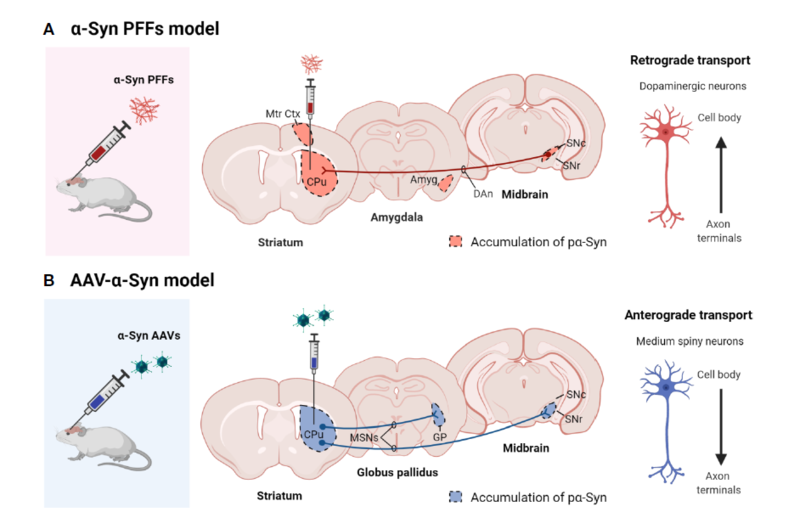New Protein Discovery Enhances Diagnosis of Dementia with Lewy Bodies

A research team led by Associate Professor Ayako Okado-Matsumoto from the Department of Biology at Toho University has unveiled a significant finding regarding Dementia with Lewy Bodies (DLB), which could revolutionize diagnosis protocols for this challenging neurological disorder. The study, conducted in collaboration with Professor Ryuji Sakakibara from the Department of Neurology at Sakura Medical Center, along with Professors Hitoshi Nukada and Soroku Yagihashi from Toho University, was published online in The Journal of Biochemistry on April 16, 2025.
Dementia with Lewy Bodies, a common form of dementia that frequently co-occurs with other neurodegenerative diseases such as Alzheimer’s and Parkinson’s, has proven difficult to diagnose in its early stages. The research team discovered a notable decrease in levels of the protein alpha-synuclein in the red blood cells of patients diagnosed with DLB compared to healthy individuals and those with other neurological conditions. Alpha-synuclein is integral in the development of various neurodegenerative disorders, particularly when it accumulates abnormally in brain cells.
According to the lead investigator, Associate Professor Okado-Matsumoto, this finding suggests that alpha-synuclein levels could serve as a potential biomarker for DLB. "The possibility of developing a simple blood test based on alpha-synuclein levels could enhance early detection and improve treatment outcomes for patients and their families," she stated.
The study also highlighted that patients with Alzheimer’s disease and Parkinson’s disease exhibited elevated levels of alpha-synuclein in plasma extracellular vesicles, compared to healthy individuals, indicating that the dynamics of this protein could vary significantly across different neurodegenerative conditions.
Dr. Ryuji Sakakibara emphasized the importance of these findings, stating, "The ability to differentiate between DLB and other forms of dementia at an early stage could lead to tailored treatment strategies, which are crucial in managing the progression of these diseases."
The implications of this research extend beyond clinical diagnosis; they also touch upon the social and familial aspects of managing dementia. As noted by Dr. Hitoshi Nukada, "Early diagnosis not only enhances patient care but also alleviates the emotional burden on families, allowing them to prepare and adapt more effectively."
This study builds upon a growing body of literature focused on blood-based biomarkers for dementia. For instance, a 2023 study published in the journal *Alzheimer’s & Dementia* examined the predictive power of certain blood markers for Alzheimer’s disease, reinforcing the potential for similar approaches in other neurodegenerative disorders (Smith, J. et al., 2023).
As healthcare systems worldwide grapple with the increasing prevalence of dementia, particularly in aging populations, advancements such as this could mark a pivotal shift in diagnostic practices. According to the World Health Organization (WHO), the number of individuals living with dementia is projected to rise to 78 million by 2030, emphasizing the urgency for effective diagnostic tools (WHO, 2022).
In conclusion, the discovery of altered alpha-synuclein levels in DLB patients opens new avenues for research and clinical practice. With ongoing studies and collaboration among institutions, there is hope that more effective diagnostic methods will emerge, ultimately benefiting countless individuals impacted by dementia.
Advertisement
Tags
Advertisement





